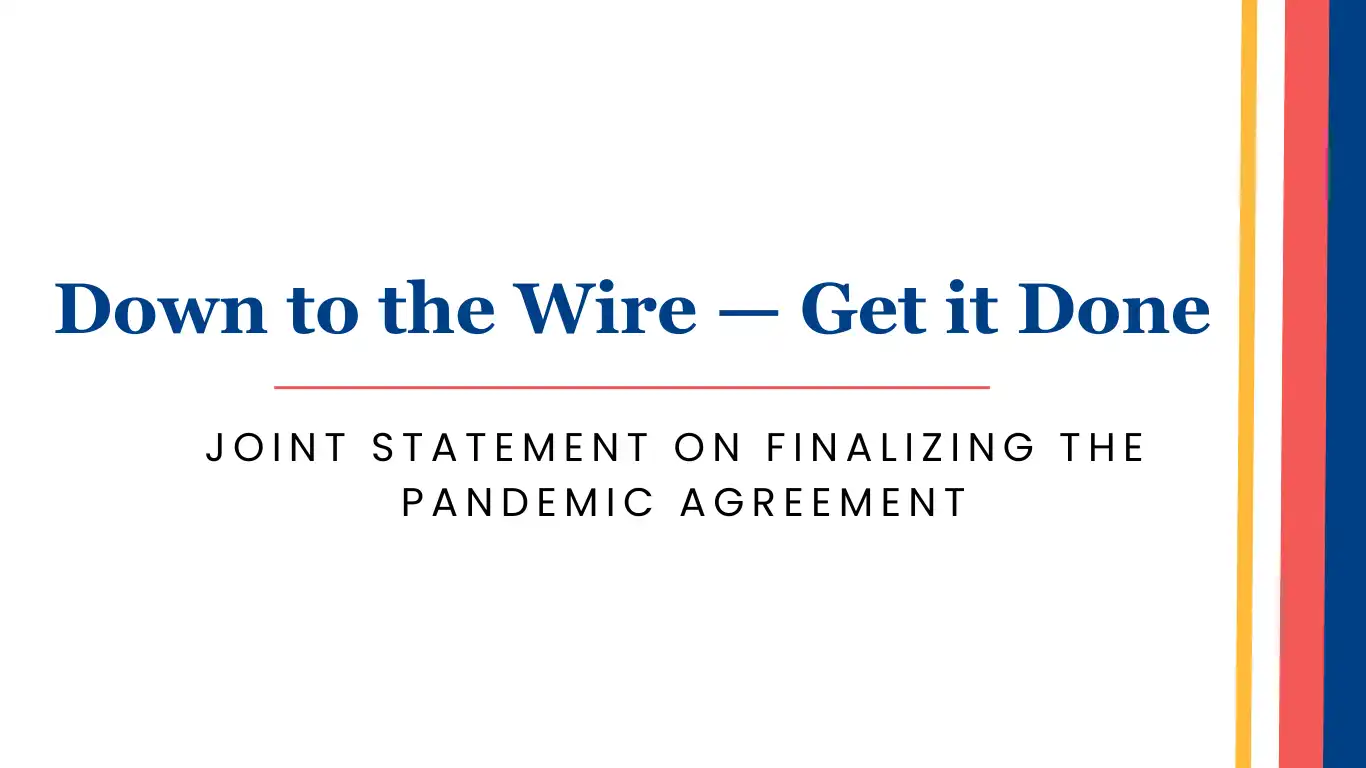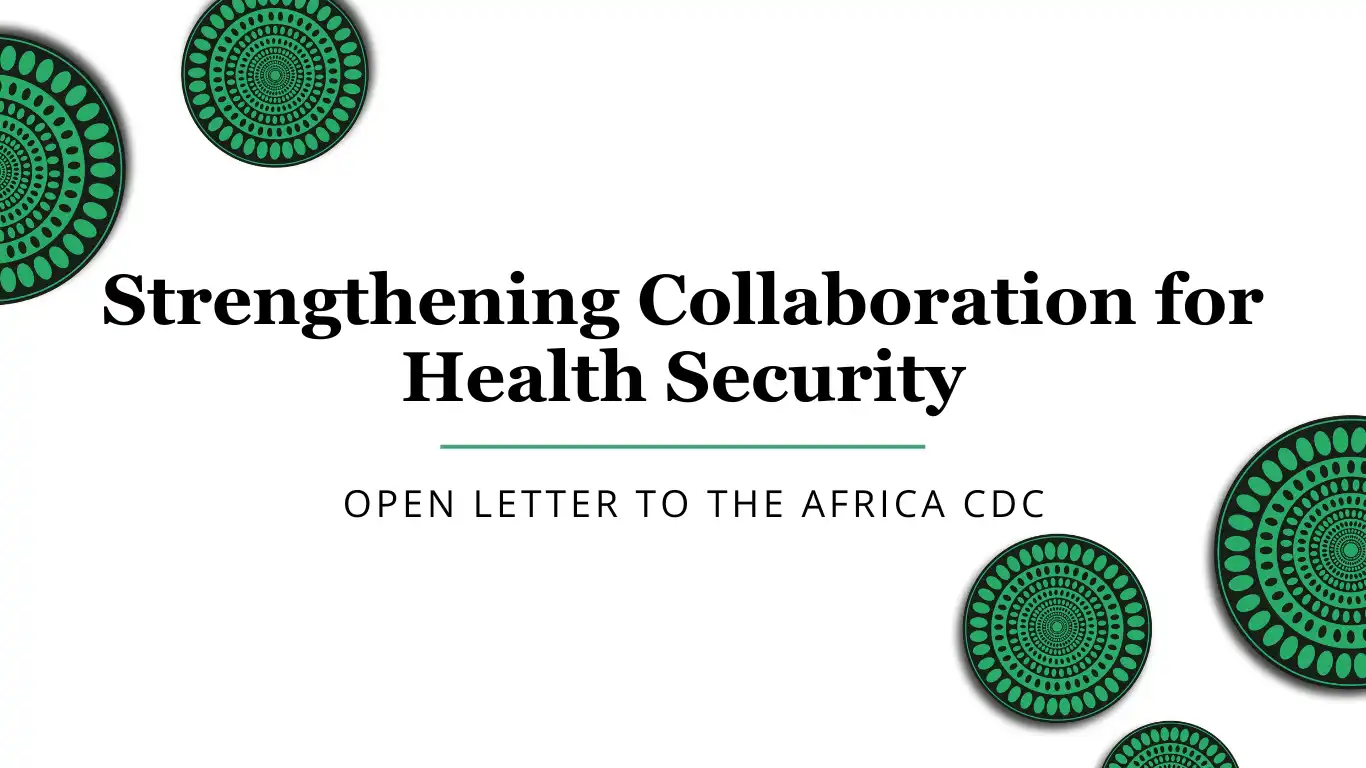G7 Leaders fell far short of what is needed to finish the job on COVID-19 and prevent the next pandemic. Leaders are facing compounding and intertwined crises, but this is no time to deprioritize health security, which is fundamental to addressing virtually every other crisis facing humanity. This year’s G7 Leaders’ Summit represents a missed opportunity to take decisive action and fundamentally shift the G7’s record on pandemic preparedness and response. Instead, we saw more of the “same strategy but different day” cycle of rearranging recommendations and commitments.
On finance, G7 Leaders collectively failed to deliver adequate financing to fund the provision of tests and treatments and delivery of vaccines still needed in low- and middle-income countries (LMICs). While we are pleased that the U.K. joined other G7 countries by pledging funding for the emerging global Pandemic Prevention, Preparedness and Response fund at the World Bank, we need to hear that founding partners are committed to an inclusive, representative future fund which will include LMICs, communities, and civil society in its governance from the outset as well as equity in its decision-making. Overall, we need to see a commitment to investing in these ongoing priorities by growing the global pool of funding available for pandemic preparedness and response.
On governance, leaders also missed an opportunity to elevate leadership on pandemic preparedness and response by endorsing the creation of a Global Health Threats Council — as proposed by the Independent Panel for Pandemic Preparedness and Response — and laying the groundwork for a broader coalition of countries and leaders. A political mechanism of this kind is essential to sustain action and investment across countries and advance ambitious proposals, such as those described in the G7’s Pact for Pandemic Readiness.
As the G7 focuses on the world’s stability with commitments on climate and food security, proactively preparing for pandemics must be a part of that mix. These existential threats are interconnected. Accelerating climate change means the world is more likely to experience future outbreaks with more regularity. Whether such outbreaks become pandemics or can be quashed in time hinges on the political choices leaders are making right now. And today, the G7 chose complacency and stagnation over progress when it comes to pandemic preparedness.
We urge the G7 to take forward the Pact for Pandemic Readiness and turn it into action with urgency in the remaining six months of this year and beyond. The COVID crisis has laid bare the costs of inaction. We cannot afford to move on without learning the lessons over the last two years — particularly for the most vulnerable and LMIC populations, many of whom still lack access to lifesaving tests, treatments and vaccines.
The current and future G7 presidencies of Germany and Japan must prioritize getting bold pandemic preparedness and COVID-19 response action back on track as a key part of addressing the world’s interlocking crises — they simply cannot afford not to. Share on X



